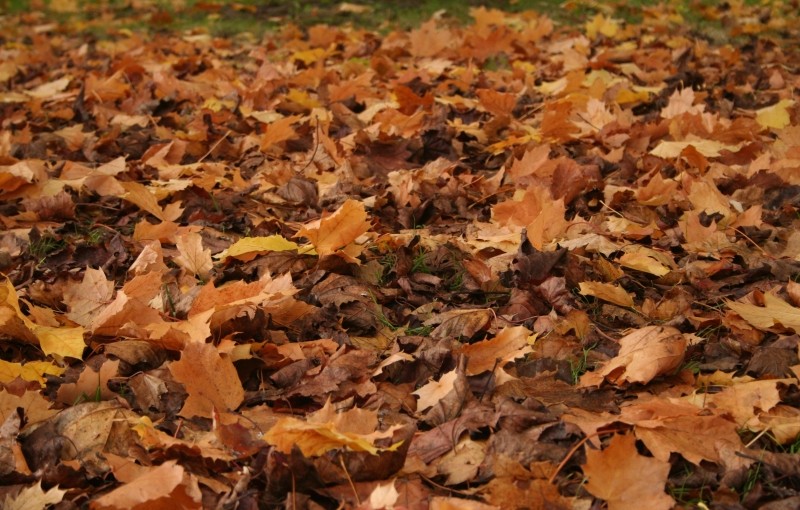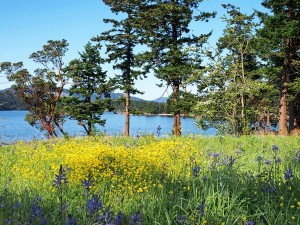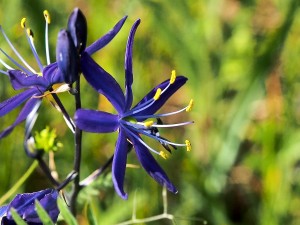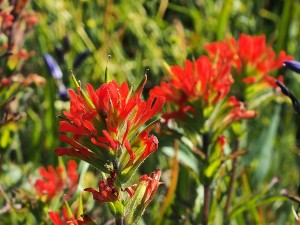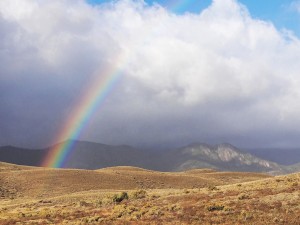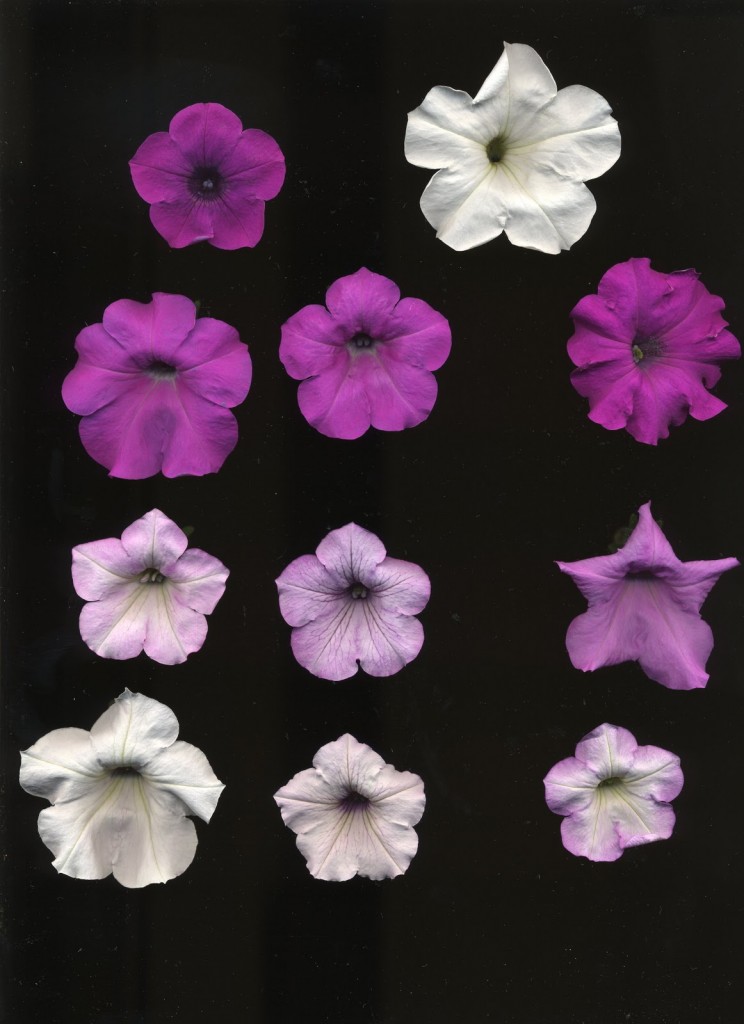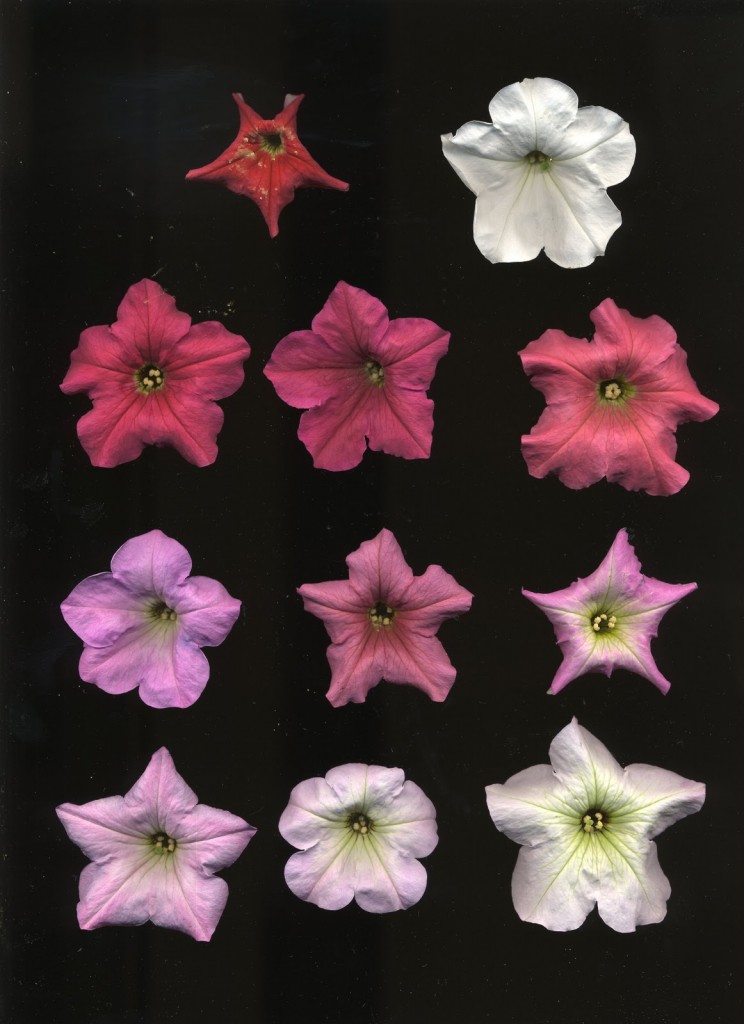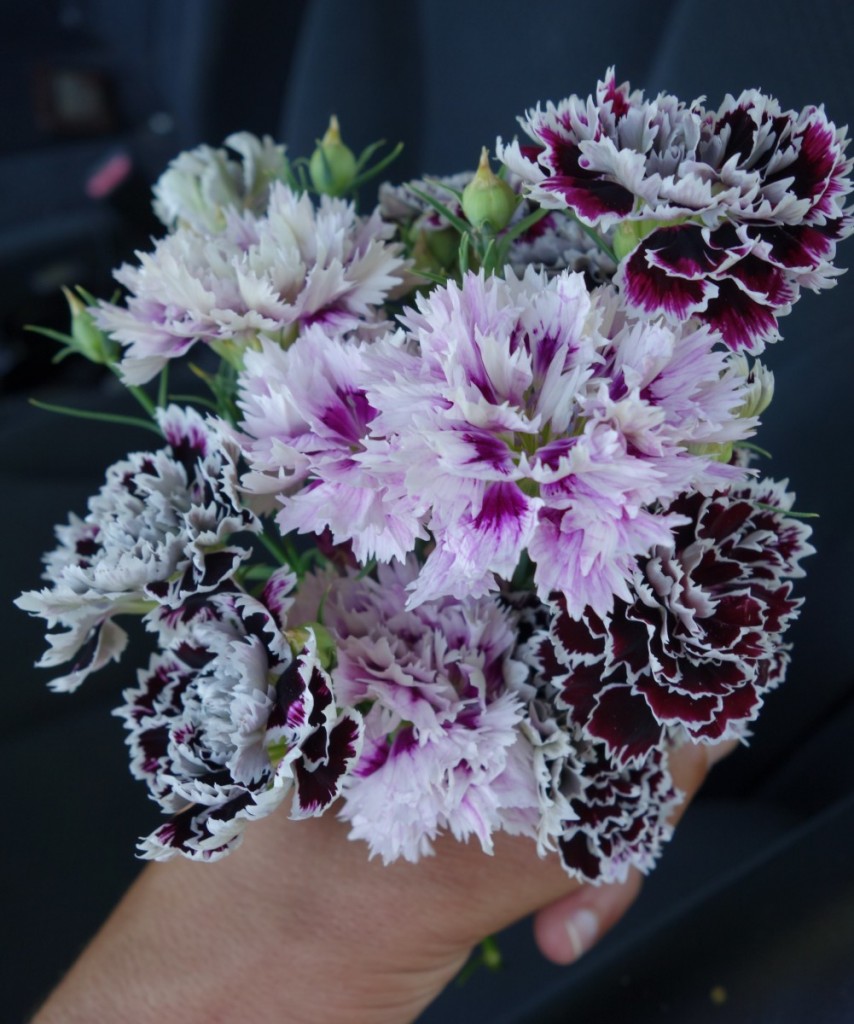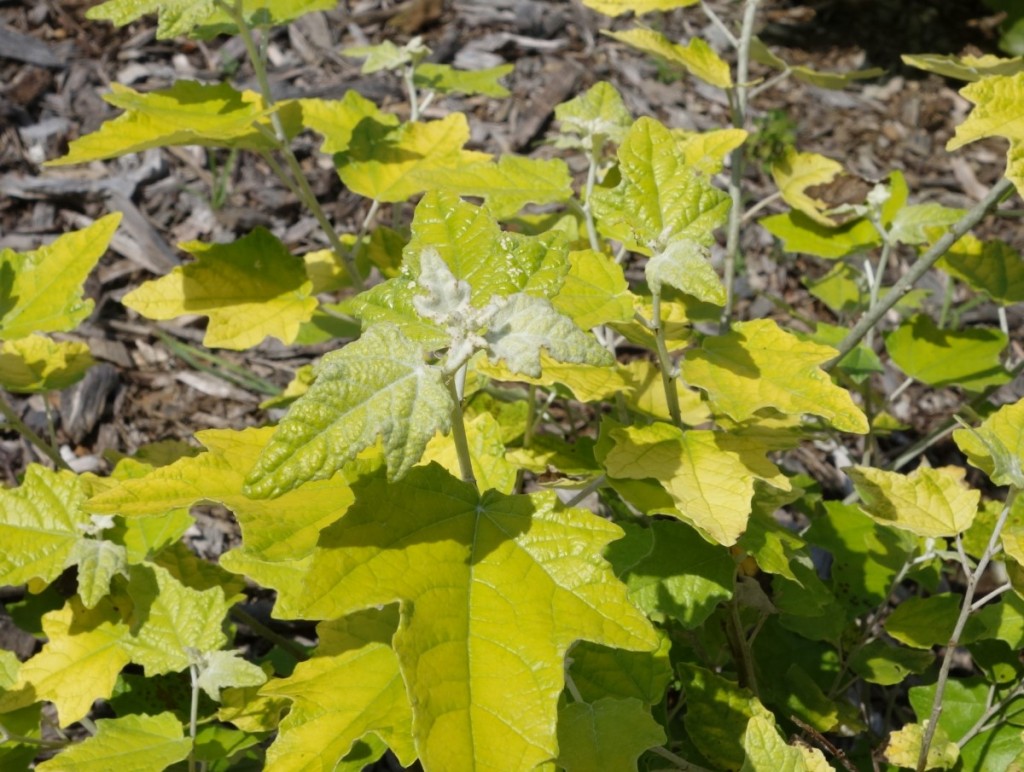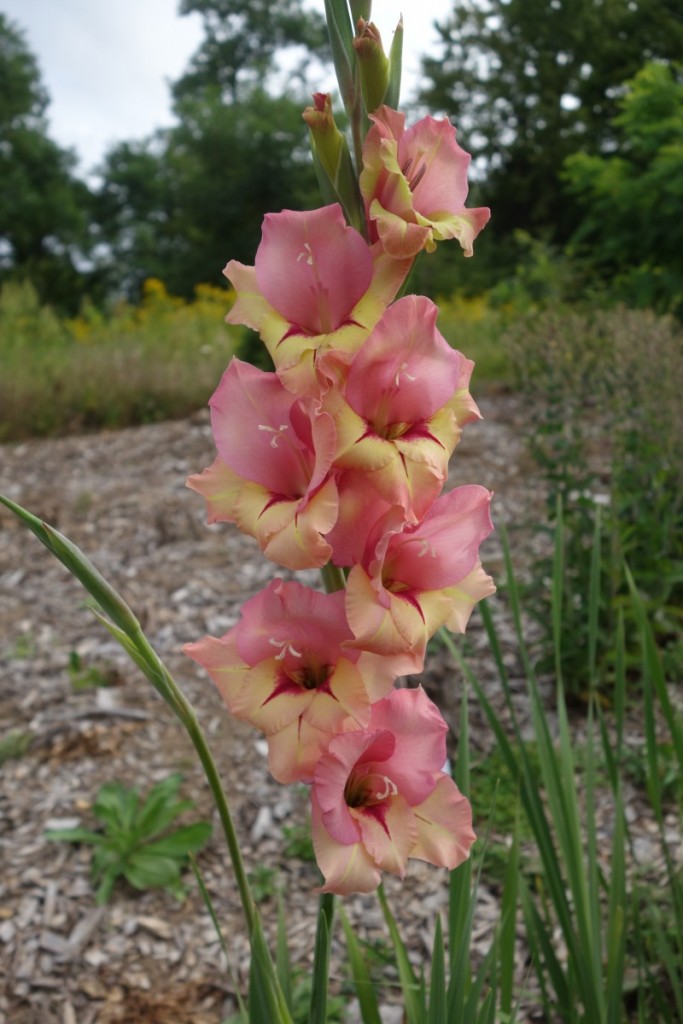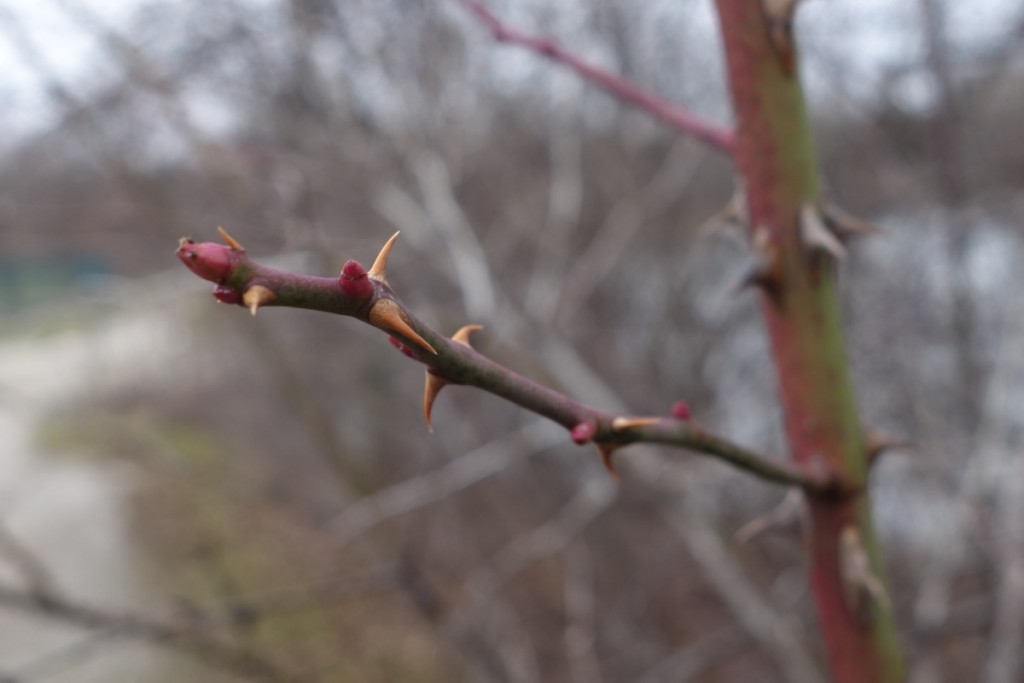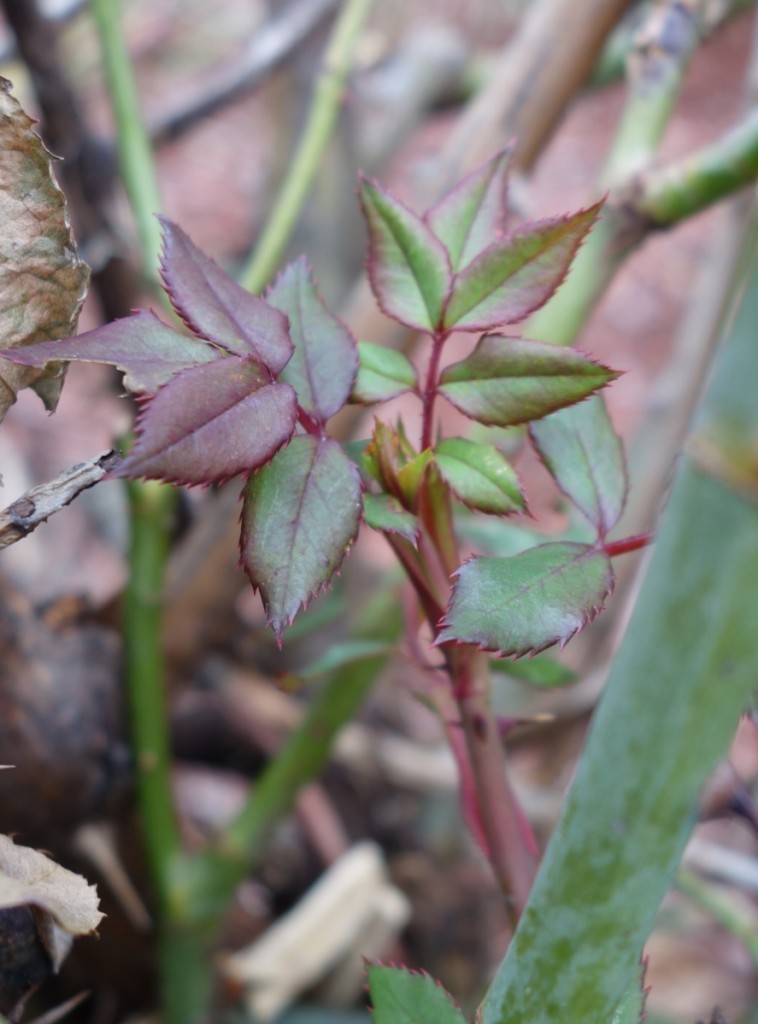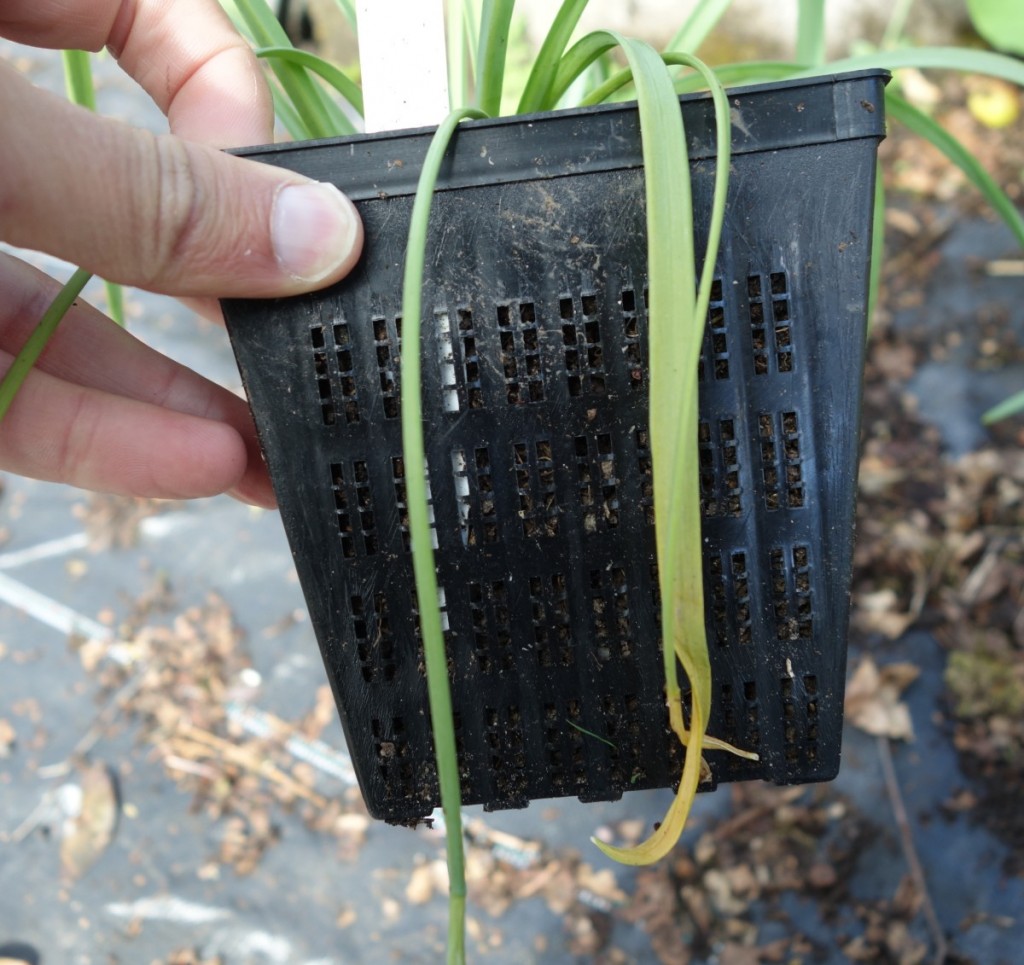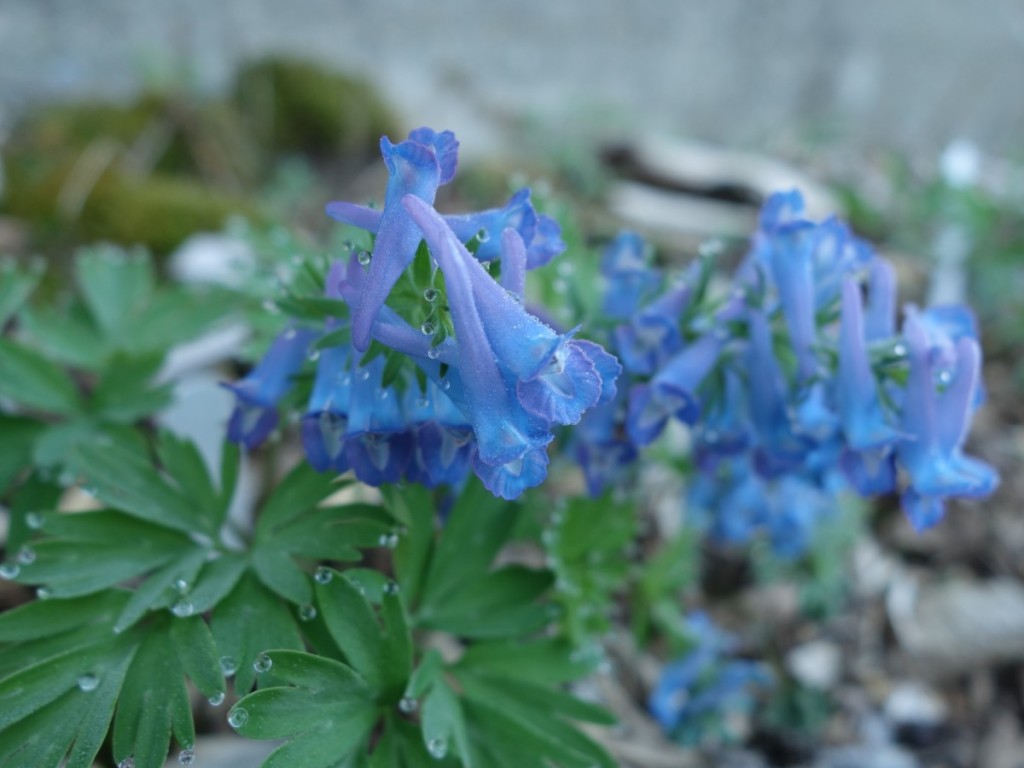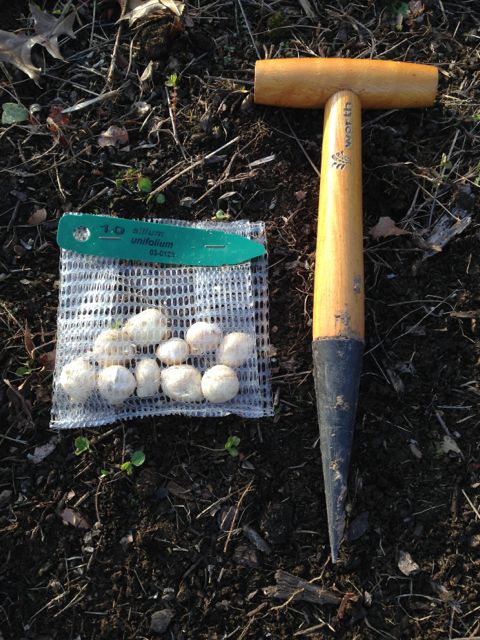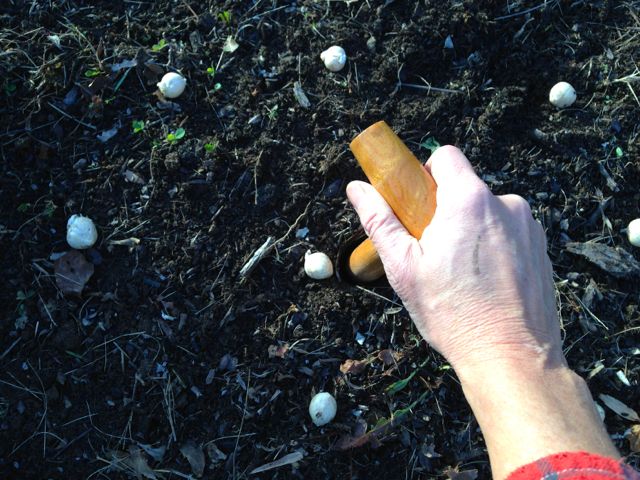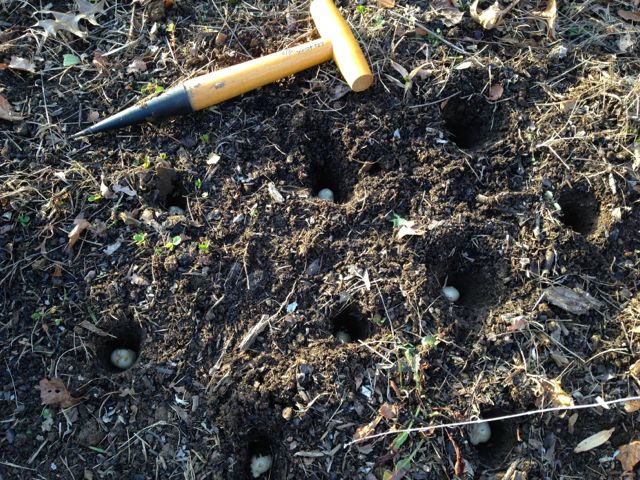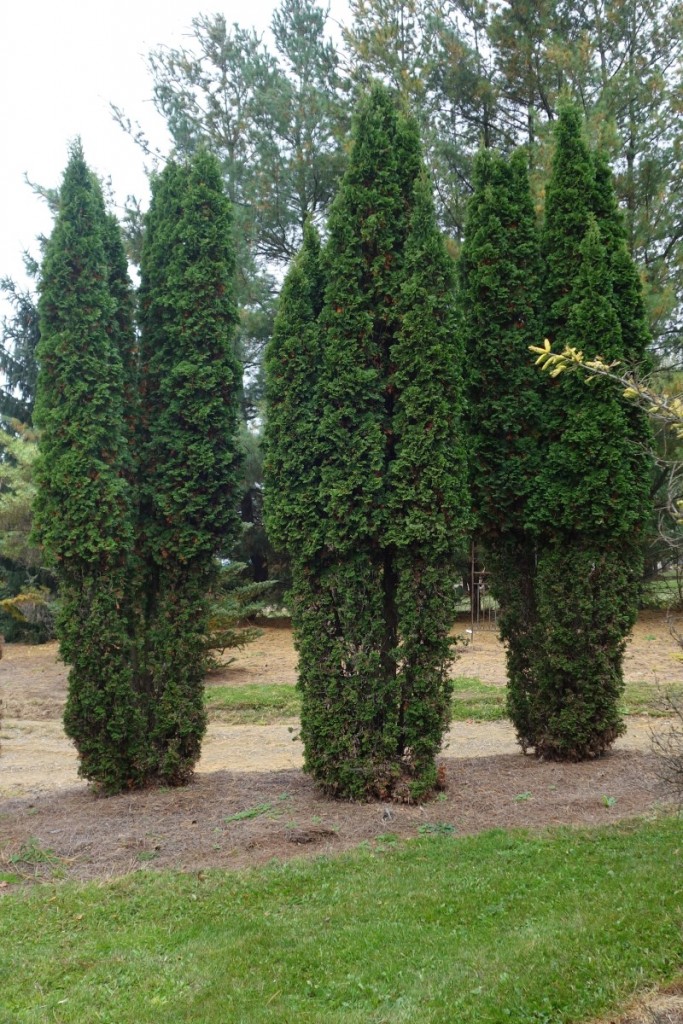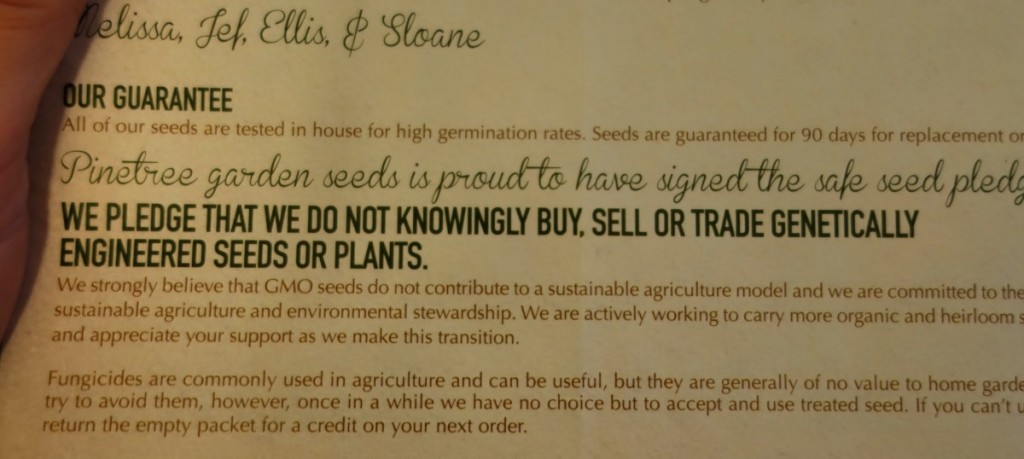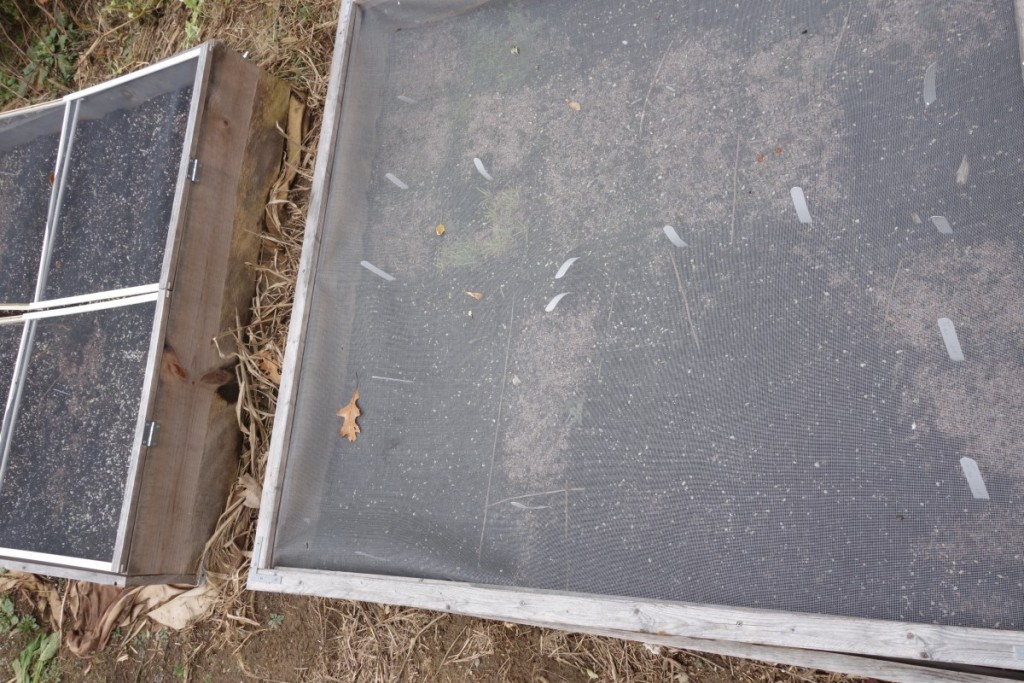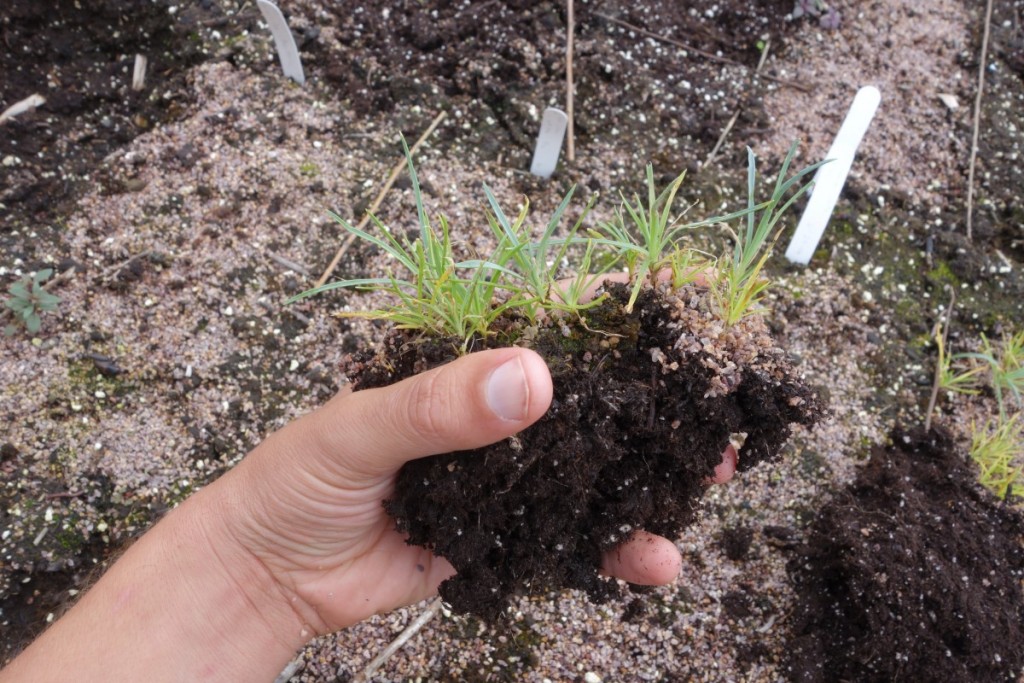Rejoice, gardeners and homeowners, for your deliverance from the drudgery of raking leaves has arrived. Or so goes the proclamation from a viral article that popped up on social media this past fall.
The article in question was posted on the Woman’s Day magazine website based on information from the National Wildlife Federation As the article points out, leaving piles of leaves on the lawn are good “habitat” and homeowners should just let the leaves fall where they may for the sake of supporting critters in the lawn. Of course, you can always believe everything you see online, right? Let’s take a look at what research can tell us.
Not so fast. There are a few issues with this new proclamation. Not that I am a great fan of the rites of autumn that dictate that we remove leaves from the lawn. It is one of my least favorite garden tasks, as evidenced by the fact that I wait until every last leaf has fallen before I get the leaf blower out so I’m certain that I don’t have to do it more than once.
Many people rake up leaves in the lawn because of aesthetics — we don’t want our neighbors to see a messy lawn. But there are lots of other issues that leaving leaves on the lawn can cause. Let’s take a look at all the reasons why leaving a layer of leaves on the lawn may not be the best idea.
First, the claim that leaving leaves where the fall on the lawn provides “habitat” for wildlife. What wildlife? The original source suggests small mammals, butterflies, and moths — specifically providing a place for overwintering. While I’m sure that there are some perfectly nice little critters that will make their home in the leaf litter, I have a name for what a lot of those things that find their home in your new “habitat” may be— pests.
Plant debris provides excellent overwintering opportunities for many garden pests. I also suspect that some of the wildlife that would find a comfy abode in the leaf litter would be small rodents, like mice and voles, that would enjoy nothing more than to snack upon some of the woody plants in your landscape. I also found some research that says removing leaf litter from residential areas reduces populations of ticks (article). Definitely something I wouldn’t want to welcome with open arms to my lawn.
Now let’s think about how plants make their food — they use sunlight for the process of photosynthesis. The article in question advocates letting leaves pile up where they fall on the lawn. This means piling up on the grass (or in my case, whatever passes for green). A layer of leaves on top of the grass will inhibit the plants from making their own food. While grass may not be actively growing in the winter, as long as it is green, it can still perform photosynthesis and store the food for spring. Even if you have a species of grass that turns brown in the winter, a pile of leaves would become an issue when things warm up in the spring.
It also turns out that a thick layer of matted leaves on top of the soil can create a barrier that reduces oxygen in the soil — thus creating an anoxic condition that will reduce or damage roots. Not only do the leaves create a barrier, but research has shown that the rapid consumption of oxygen by leaf litter bacteria lead to anaerobic conditions in the leaf litter itself (article).
Give the reduction in sunlight and soil oxygen, grass can have a difficult time thriving in areas of heavy leaf litter. Some other research results I found indicate a layer of leaf litter reduces the amount of herbaceous plants (in woodland) (in a field study). If you think about it, you don’t see many small herbaceous understory plants in forests with lots of trees — it isn’t just the shade from the trees that causes a problem.
I’ll also point out that for dog owners, leaving a layer in the yard can make it much easier to fall prey to what we refer to as “yard bombs.” I’m sure other dog owners have felt this pain.
Now, I’ll be the first to tell you that leaves are a valuable resource for lawn and gardener, so don’t think that I’m anti-leaf. I put all of the leaves that fall in my yard to work for me. While leaving the leaves to pile up into layers on the lawn is not a good idea, using a mower to chip them up and leave them in place will provide valuable organic matter and nutrients for the soil. So if you don’t want to rake them up, run over them with the lawnmower so they will break down quickly into the soil (and don’t smother out the grass).
If you do rake up (or vacuum up) the leaves, there are a few things you can do with them. First, the shredded leaves make a good winter mulch for landscape beds (put the plant suppressing power to work controlling weeds). You can also bag them up and store them for use in composting next spring and summer when you have fresh green plants to add to them.
This article originally appeared in the Charleston Gazette-Mail on November 15 (sans citations).
You can find my other articles online at wvgardenguru.com
@wvgardenguru
